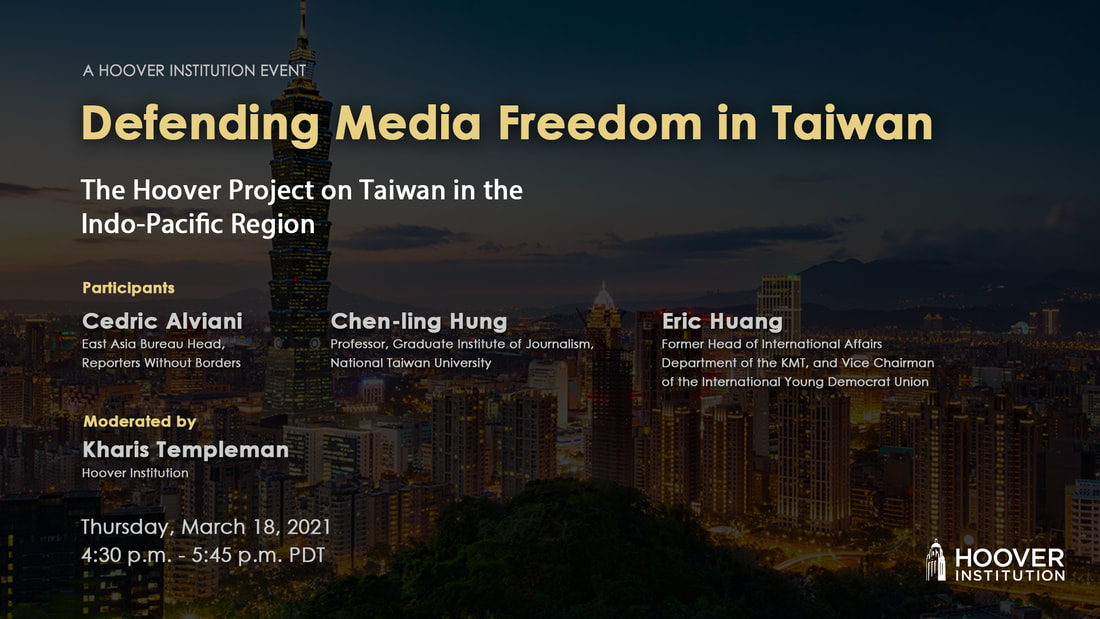In this moderated discussion, three panelists from Taiwan will consider the complex issues this decision raises and debate when -- and if -- it is ever appropriate for government to regulate media content and limit access to the broadcast spectrum in a liberal democracy. Registration is free and open to the public.
Some additional somewhat disjointed thoughts follow...

 RSS Feed
RSS Feed
